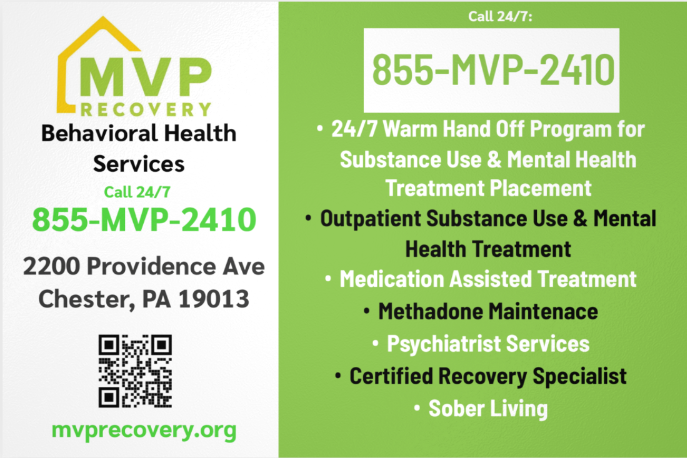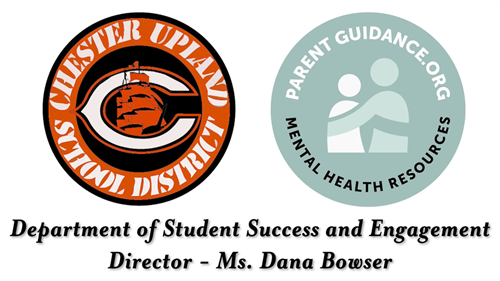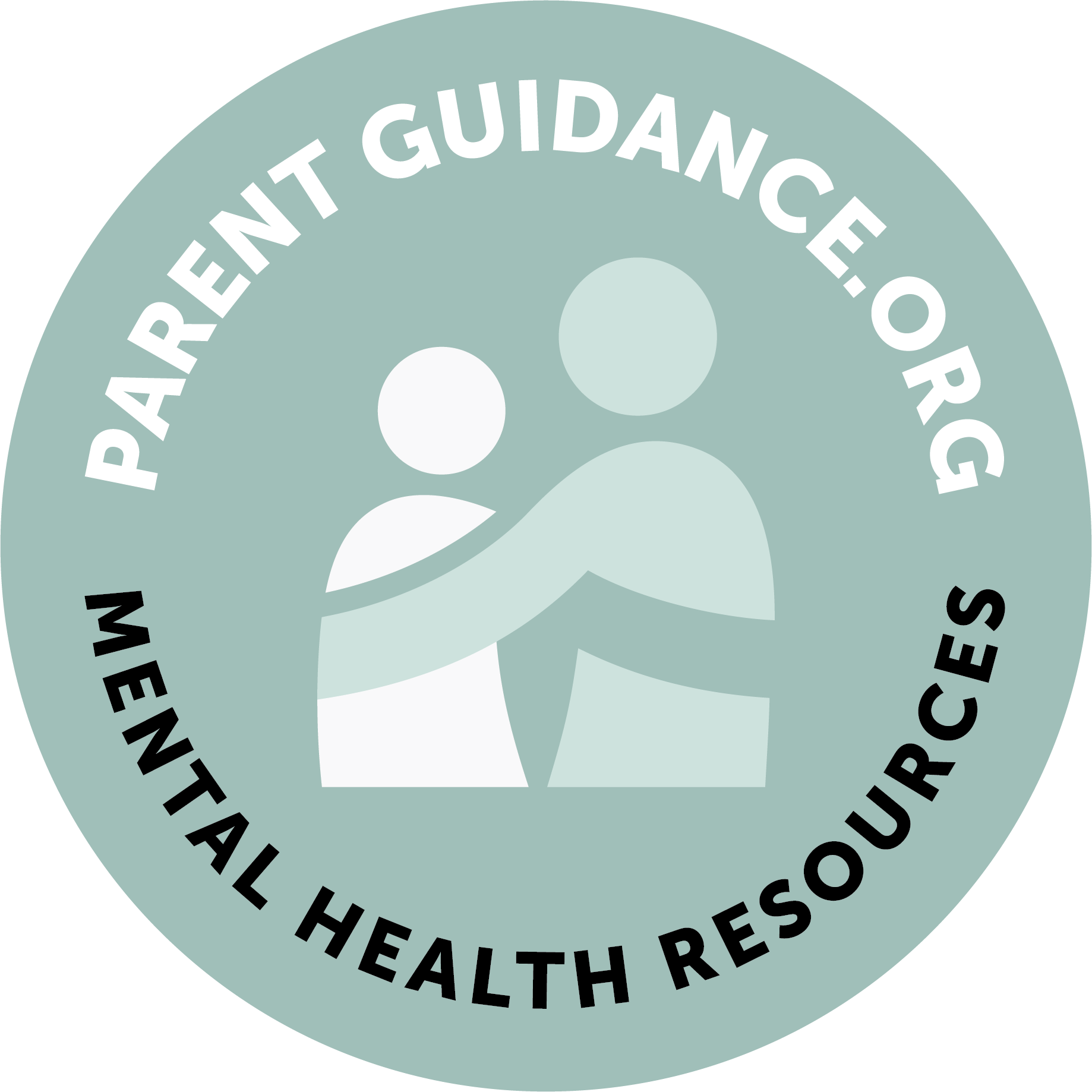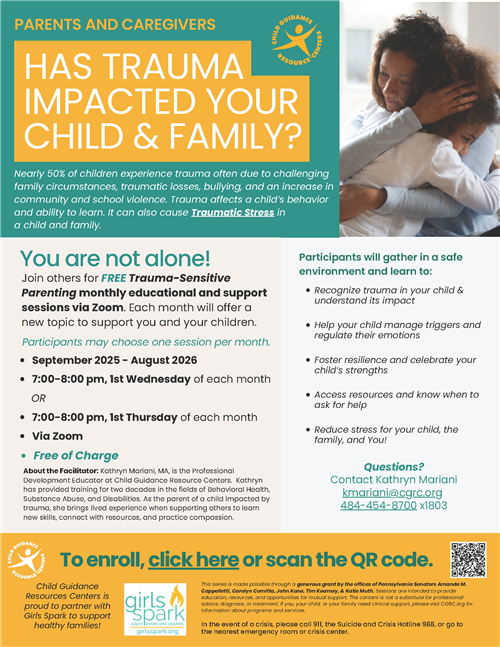Chester Upland School District
For the Betterment of Our Children
- Chester Upland School District
- Resources
Student Success and Engagement
Page Navigation
-
DelCo Resources
-
DelCo Foundation Rapid Response Funds
A total of $131,500 has been awarded to 23 nonprofits, each receiving a support grant to help meet emergency needs outlined in their proposals.
-
Food Sources/SNAP Benefits/Utility Assistance
Food Pantries in Delaware County
SNAP Resources/Utility Assistance
We know many of our families receive SNAP benefits and the current federal government shutdown has caused challenges. If you are a SNAP recipient, below you will find links to locate local resources that may be helpful.
If you have questions or concerns about food security, housing, transportation, etc., and would like to speak with someone, contact our Department of Student Success & Engagement at dbowser@chesteruplandsd.org
Nearly two million Pennsylvanians rely on SNAP benefits, including more than 713,000 children. Resources to be aware of include:
- PA Navigate: Help finding food and other resources
- www.pa211.org: Local assistance
- www.feedingpa.org: To find local food banks and other food assistance programs.
- Many electric and gas companies also offer utility assistance programs for qualifying customers. Pennsylvanians can contact their utility companies or visit the PA PUC’s utility assistance website for more information.
More information on the federal government shutdown and its impact on benefits is available on the PA Department of Human Services website. Please feel free to share this information with your school and library communities.
St. Daniels UMC
Saint Daniel's United Methodist Church located at 4th and Edward St. Chester, Pa. They are open every Tuesday from 11am-1pm. They serve cooked meals with dessert and Water during this time, along with their pantry items and clothing for men, women and children. Any questions please contact Ms. Johnson 267-586-5872.

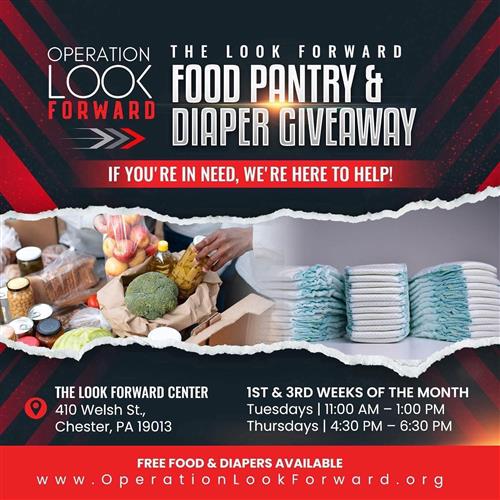
-
Homelessness
Duties of the District Homeless Liaison
Understanding Unaccompanied Homeless Youth
McKinney-Vento Homeless Education Reference Checklist
Clickable Coordinated Entry System Information Page
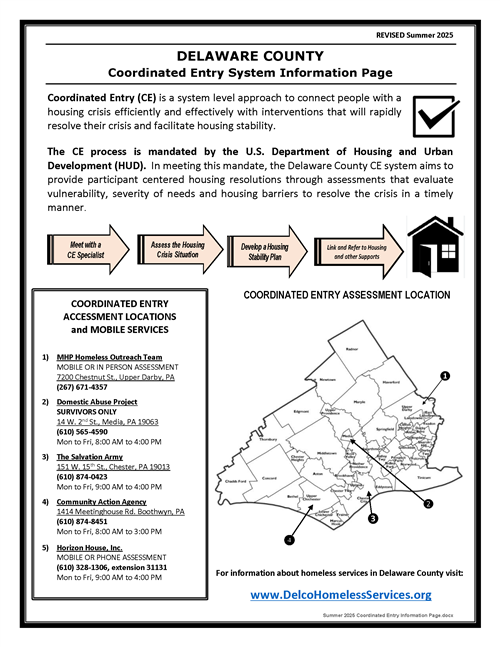

Finding Your Way in PA (Click here)
Finding Your Way in PA is a Pennsylvania-based mobile and desktop app designed to share services, resources and information with young people and families, particularly those experiencing homelessness. While using the app, users can search for and request assistance with services and resources in their current location, local communities, and throughout the state of Pennsylvania to connect them with helpful support.
If a CUSD family is experiencing homelessness, please contact the counselor or social worker at your child's school. The counselor or social worker will gather information and fill out the MVHA (McKinney Vento) Referral Form to access support and services that are available to our students and their families.
Registration
The Chester Upland School District recognizes the multiplicity of challenges most homeless, displaced, and doubled-up families encounter, and understands our responsibility to resolve some of the issues they face. The district also realizes the availability of resources in any emergency may make the difference between success and failure in school. The district’s goal is to ensure timely registration of students, which involves receiving appropriate documentation needed for registration and removing barriers consistent with federal and state laws.
The McKinney-Vento Homeless Act, now part of the Improving America’s Schools Act (Public Law 103-382) and the Every Student Succeeds Act, guarantees free and appropriate public education for homeless/displaced children and youth. BEC 42 U.S.C. & 11301 outlines procedures for deciding school placement, enrolling students, and determining fiscal responsibility. Federal and state laws make our accountability clear.
Definition of “homeless”
Under the McKinney-Vento Act, the term “homeless children and youths” means individuals who lack a fixed, regular, and adequate nighttime residence and includes children and youths: who are sharing the housing of others due to loss of housing, economic hardship, or a similar reason; are living in motels, hotels, trailer parks, or camping grounds due to the lack of alternative adequate accommodations; are living in emergency or transitional shelters; or are abandoned in hospitals; who have a primary nighttime residence that is a public or private place not designed for or ordinarily used as a regular sleeping accommodation for human beings; who are living in cars, parks, public spaces, abandoned buildings, substandard housing, bus or train stations, or similar settings; and who are migratory children who live in one of the above circumstances.
The McKinney-Vento Act ensures that all school-aged children and youth experiencing homelessness are entitled to the same free and appropriate public education provided to non-homeless students.
A student who lacks a fixed, regular, and adequate nighttime residence is considered to experience homelessness. Specifically, if students live under any of these conditions:
- Living in a shelter (family, youth or domestic violence shelter or transitional living program)
- Living in a motel, hotel or weekly rate housing
- Living in a house or apartment with more than one family because of economic hardship or loss
- Living in an abandoned building, in a car, at a campground or on the street
- Living in substandard housing (without electricity, heat or water)
- Living with friends or family because a youth is a runaway or unaccompanied youth
Supports and Services for students experiencing homelessness
There are several supports and services that may be available to students and families who are experiencing homelessness. These services and supports include:
- Transportation for Child/Children to Get to School (this may take time to set-up and is based on driver availability)
- Help with Enrollment
- School Supplies
- Tutoring or Other Instructional Support
- Special Education Services/504 Accommodation
- Pre-school Programs
- After-school Programs
- School/health records needed
- School Clothes/Warm Winter Clothes
- Credit waiver approval for 11th & 12th graders
- Independent financial aid status verification for unaccompanied, homeless 12th graders
- Referrals to Outside Agencies (Food, Housing, Social Service, Mental Health)
Federal Education Protections for Children and Youth Experiencing Homelessness
Emergency Rental Assistance Program (ERAP)
Information for School Age Youth (English)
-
MVP Recovery Behavioral Health Services
-
Parent Guidance Resources
-
Social-Emotional Learning
Social-Emotional Learning (SEL) refers to the process of acquiring and applying the knowledge, skills, and attitudes necessary to understand and manage emotions, develop positive relationships, and make responsible decisions. SEL encompasses a range of competencies that support individuals in navigating their own emotions, empathizing with others, establishing and maintaining healthy relationships, and effectively handling various social situations. Here's a description of key aspects of SEL:
- Emotion Awareness and Management:
- SEL helps individuals recognize and understand their own emotions, as well as the emotions of others.
- It supports the development of strategies for effectively managing and regulating emotions, promoting emotional well-being and self-control.
- Self-Awareness and Self-Management:
- SEL fosters self-awareness, encouraging individuals to identify their strengths, weaknesses, values, and goals.
- It promotes the development of self-management skills, such as setting and achieving goals, resilience, and perseverance.
- Social Awareness and Empathy:
- SEL cultivates social awareness by fostering an understanding of others' perspectives, experiences, and cultures.
- It encourages empathy, allowing individuals to recognize and share the feelings of others, promoting compassion, and encouraging respectful interactions.
- Relationship Skills:
- SEL focuses on developing effective communication, active listening, cooperation, and conflict resolution skills.
- It promotes the ability to establish and maintain healthy relationships, including building positive connections with peers, teachers, family members, and the broader community.
- Responsible Decision-Making:
- SEL supports the development of critical thinking and problem-solving skills.
- It encourages individuals to make ethical and responsible decisions, considering the well-being of oneself and others, and understanding the consequences of their actions.
- Integration within Educational Settings:
- SEL is integrated into educational settings through explicit instruction, curriculum integration, and supportive school climates.
- It is often implemented through structured lessons, interactive activities, discussions, and real-life applications, both in classrooms and across school environments.
- Benefits of SEL:
- SEL contributes to positive academic outcomes, including improved academic performance, increased motivation, and higher graduation rates.
- It enhances social and emotional well-being, fostering resilience, self-confidence, and a sense of belonging.
- SEL promotes positive behavior and reduces instances of bullying, violence, and other negative social behaviors.
- Collaborative Efforts:
- Successful implementation of SEL involves collaboration among educators, administrators, families, and community partners.
- These stakeholders work together to create supportive environments, provide consistent messaging, and reinforce SEL skills across different settings.
Social-Emotional Learning is a lifelong process that equips individuals with essential skills to navigate challenges, develop healthy relationships, and make responsible choices. By integrating SEL into educational settings, individuals can cultivate their emotional intelligence, resilience, and overall well-being, leading to improved academic and personal success.
-
Social-Emotional Learning Positive Actions Calendars
Monthly SEL Calendar
Every month, there is a theme of focus in regard to social emotional learning that encompasses one of the five core competencies of social emotional learning. The calendars are posted around all of the schools and are also distributed to the community and posted on the website and social media pages so that social emotional learning does not just take place inside of school, but outside of school as well.
By focusing on SEL, we aim to nurture the social, emotional, and academic growth of every student, helping them to thrive in a supportive school community.

-
The Bridge Project in PA
The Bridge Project in Pennsylvania
The Bridge Project in PA facilitates FREE access to mental health services for children and youth experiencing homelessness. The Bridge Project is part of Pennsylvania’s American Rescue Plan Homeless Children and Youth (ARP-HCY) Program and is available for a limited time.
In partnership with our providers, services are available online and at no cost to the student, family, or local education agency (LEA). No health insurance is necessary.
Children and youth experiencing homelessness who are in grades K-12 in Pennsylvania are eligible for services.
Watch a recording of a recent Information Session.

